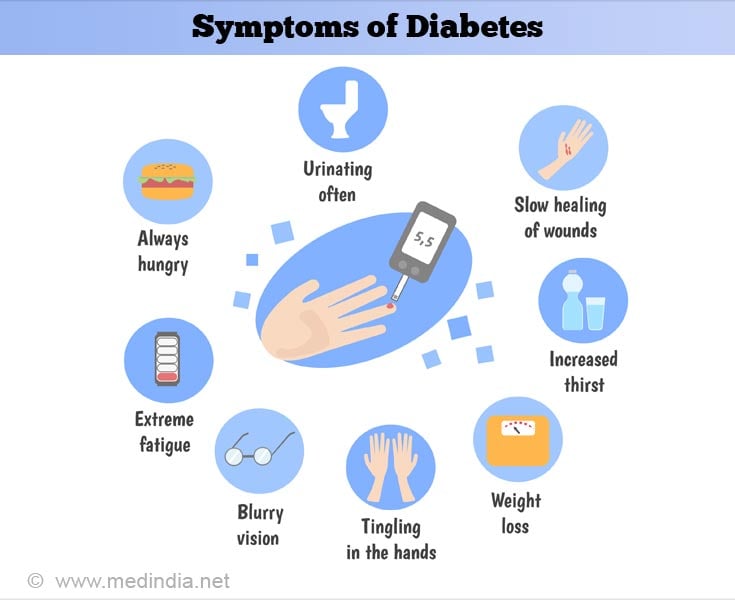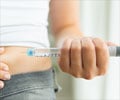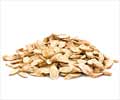Symptoms & Signs of Type 2 Diabetes
Generally type 2 diabetes shows no symptoms for many years. However there maybe some pre-diabetes symptoms which maybe similar to type 2 diabetes symptoms and include-
- Increased thirst and hunger
- Frequent urination
- Fatigue
- Blurred vision
- Pain, numbness or tingling in the feet or hands
However these early warning signs are missed by most. At this stage corrective measures can help in postponing the disease and its complications.

As you reach middle age and your lifestyle becomes more stressful and sedentary, these symptoms make their first appearance. However these are overlooked as they are attributed to age and stress.
In a study of 30,000 middle-aged people it was found that fat around the waist was a leading cause of type 2 diabetes.
Over 50% of type 2 diabetics in the world do not know that they are diabetics. This silent disease is unfortunately the leading cause of for heart disease, stroke, kidney failure, blindness and amputation.
Diabetes is responsible for one death every seven seconds in the world and accounts for more than 4.6million deaths per year.
Type 2 diabetes symptoms are similar to pre-diabetes symptoms. Men with diabetes may often first seek advice from their doctor because they have-
- Impotence or Inability to get erections
- Repeated Infections and Itching of foreskin
- Inability to retract the foreskin (Phimosis),
Both men and women may suffer from-
- Bladder infections - presenting as burning sensation while passing urine, fever with chills, frequency of urination
- Kidney infections - this can be very serious and may cause fever with chills, pain on one side or both sides of the upper back, nausea, increase in blood sugar levels on home testing and low blood pressure.
- Unexplained darkened areas of skin around neck, armpits, elbows, knees and knuckles.
- Early Cataract
- Loss of vision in the eyes -Type 2 diabetes is a major cause of blindness in the world.
Exercise is one of the best ways to not only reduce your body weight and lower your risk of diabetes, but also the most effective way to improve insulin control and keep blood sugar in check. Exercise also reduces harmful cholesterol and keeps the blood pressure well controlled. Most studies show that 150 minutes of exercise a week (or 30 minutes of exercise 5 days a week) can reduce your risks of diabetes and hypertension.

























